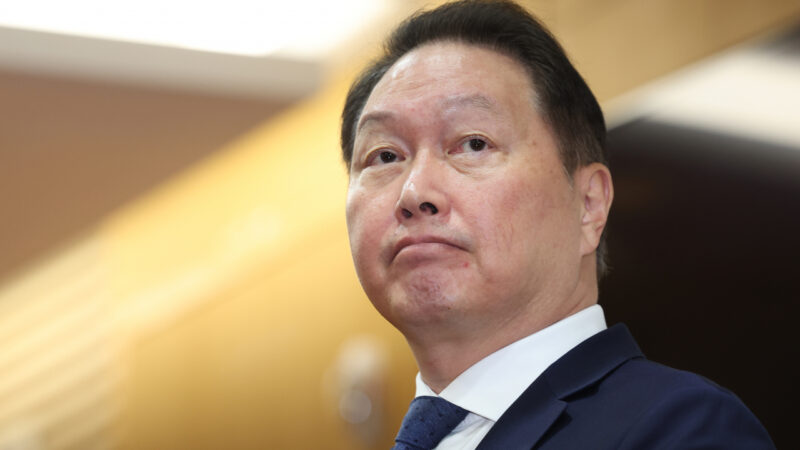Mumbai firm faces US sanctions for Iran oil deal

US Treasury Department sanctions have been placed on Mumbai-based Tibalaji Petrochem Private Limited, probably the first action taken against an Indian company for allegedly dealing in Iranian petroleum goods.
The corporation “bought” petrochemical materials worth millions of dollars, the department claimed on Thursday, for “onward export to China.”
The business was one of eight to receive a hit during the most recent round of sanctions. China, Hong Kong, and the United Arab Emirates are the locations of the others.
The sanctions were announced shortly after External Affairs Minister S. Jaishankar returned from Washington, DC, where he had meetings with a number of high-ranking government representatives, including Secretary of State Antony J. Blinken, Secretary of Defense Lloyd J. Austin III, Secretary of Commerce Gail Raimondo, and National Security Advisor Jake Sullivan.
When asked by a reporter if the Iran sanctions were discussed at Jaishankar’s meeting with Blinken, Dev Patel, the deputy spokesperson for the State Department, responded that they had nothing else to add to what they had said at their news conference.
India has complied with the sanctions put in place against Tehran by the US, and its businesses have refrained from purchasing gasoline from Iran.
The purported transactions by Tibalaji, which calls itself an “expanding petrochemical trading company” on its website, appear to be for the import of Iranian materials into China rather than India.
According to the Treasury Department, all of the eight firms’ properties and interests in the US, or those in which they hold at least a 50% stake, must be blocked and reported to its Office of Foreign Assets Control (OFAC) in accordance with the sanctions (OFAC).
According to the government, anyone who is an American and may be in charge of those firms’ assets or who engages in specific transactions with them may be subject to fines or enforcement measures.
In addition, it stated that Tibalaji made purchases through agreements mediated by Triliance Petrochemical Co. Ltd. Network that had already received prior approval, including “petrochemical items, including methanol and base oil, for onward transport to China.” Triliance has offices in China, the UAE, and Iran, in addition to its Hong Kong headquarters.






